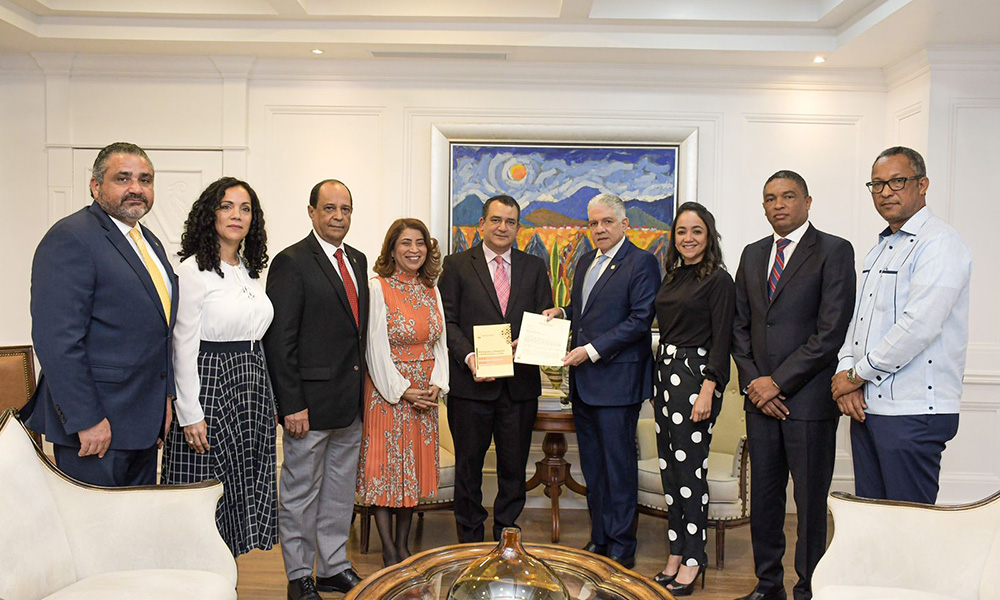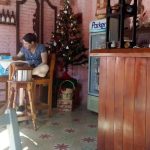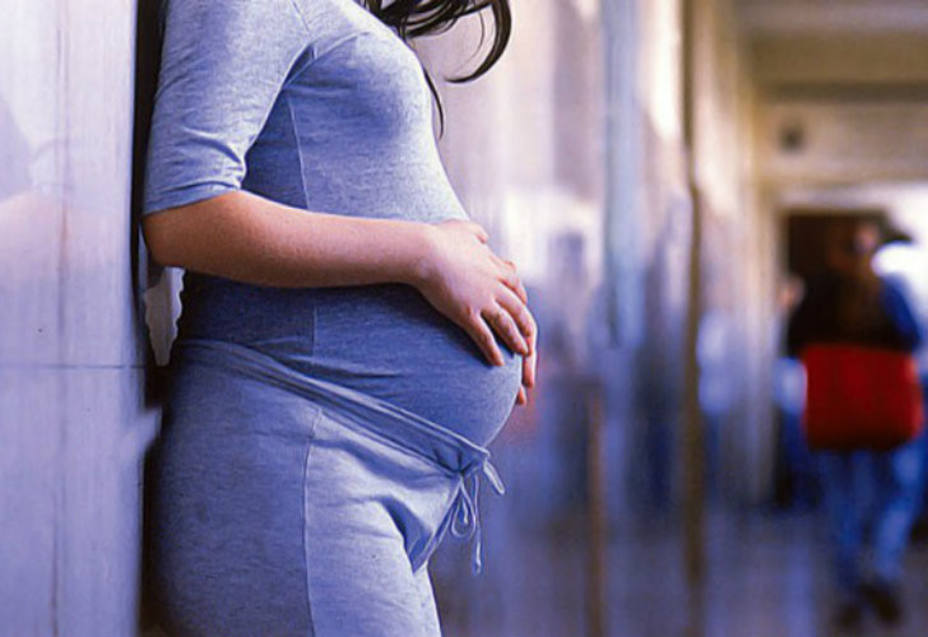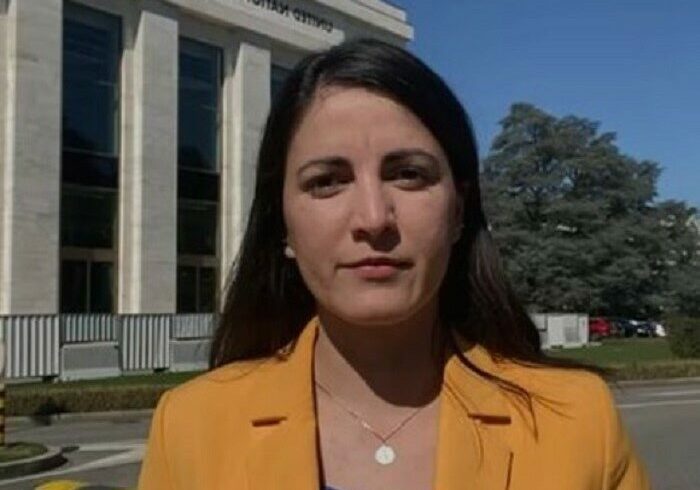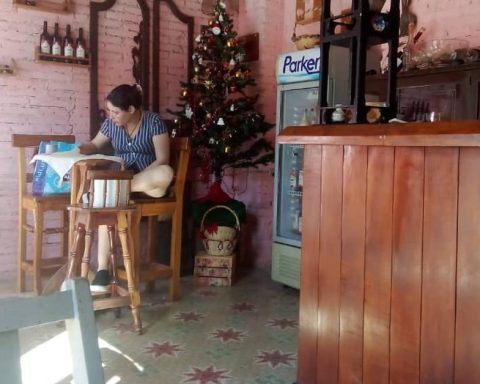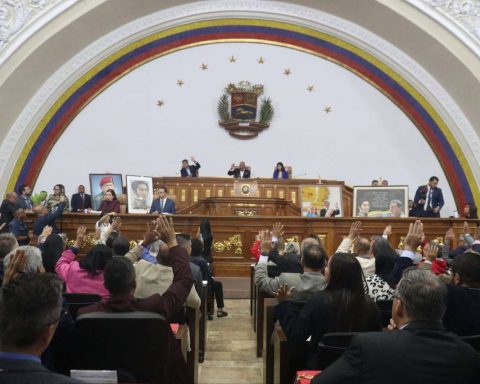One day after warning of its intentions and aside from the work of the electoral table, the JCE submitted yesterday to the Senate of the Republic the bills to modify the regulations 33-18 of Political Parties, Groups and Movements and the 15- 19 Electoral Regime Organic.
In a communication sent to the president of the Upper House, Eduardo Estrella, the head of the Central Electoral Board (JCE), Román Jáquez Liranzo, explained that the purpose of depositing the initiative is to advance in the updating work in the regulatory framework that governs the electoral system, regardless of the fact that the body will continue to participate in the work that is currently being carried out within the framework of the table on electoral reform, convened by the Economic and Social Council (CES).
Jáquez Liranzo asked the Senate, in turn, for the formation of a bicameral commission to study and analyze both initiatives.
“This body has valued the importance of our proposal being formally deposited, so that when the CES sends the final matrix with the consensus and disagreements that arrive at the reform table, the National Congress is already aware of the proposals of this body, origin of the debates.
In any case, we suggest that a bicameral commission for the study and analysis of the electoral reform can be formed, if that Power of the State deems it convenient, ”says the letter.
The president of the JCE stressed that the introduction of these projects, which are an initiative of the institution, does not collide with the work that is being carried out at the table on electoral reform.
Within its considerations, the JCE argued that the plenary session of the body unanimously decided to exercise the power of legislative initiative in electoral matters granted by the Constitution of the Republic in its article 96, numeral 4.
There has been no progress in the electoral table
Law 33-18 and 15-19 are currently being discussed within the framework of the table on electoral reform coordinated by the CES since last January 11, but so far it has not been possible to advance in the studies.
In fact, the last working session had to be suspended due to lack of a quorum, due to the absence of the political parties that, at the time, defended themselves by saying that they were not duly convened.
Given the stagnation that has occurred in the analysis and debate of the reforms in this regard, the president of the Central Electoral Board expressed his concern last Monday about the little time left to make the necessary modifications to the electoral regulations.
In Jáquez Liranzo’s opinion, if the laws were not submitted to the National Congress in this legislature, it would be too late to have an electoral process in 2024 with the necessary levels of integrity and transparency, since several articles of Law 33 -18 and 15-19 have been declared unconstitutional.
In the same way, if it is approved late, the implementation of the modifications in these legislations would be difficult to apply due to the timing of the electoral calendar.
